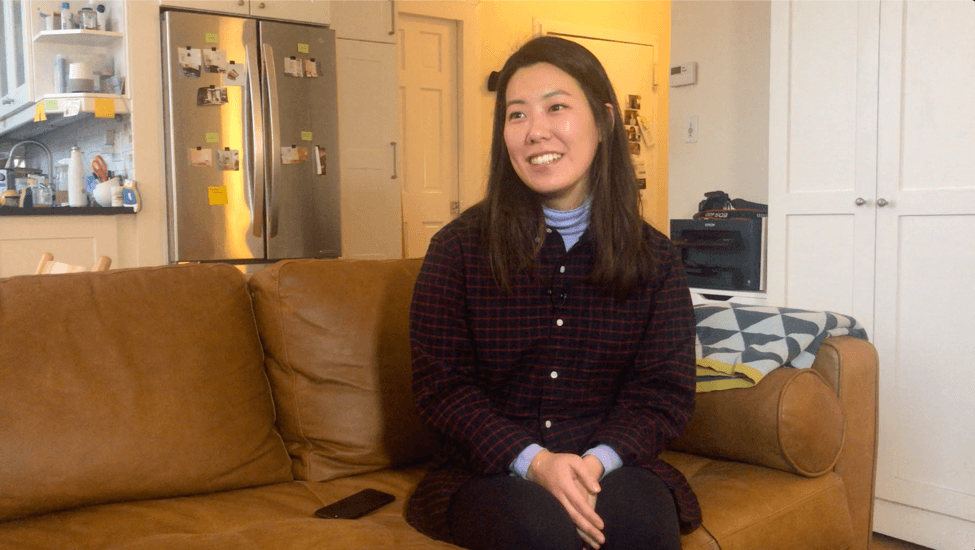NEW YORK—Among all the frustrations urban drivers experience—permanent traffic jams, ambulances screeching by, and the risk of having your bumpers bumped—parking signs are definitely one of the biggest headaches.
For many, an encounter with a convoluted parking sign might end with a parking ticket or a Twitter rant aimed at the Department of Transportation.





